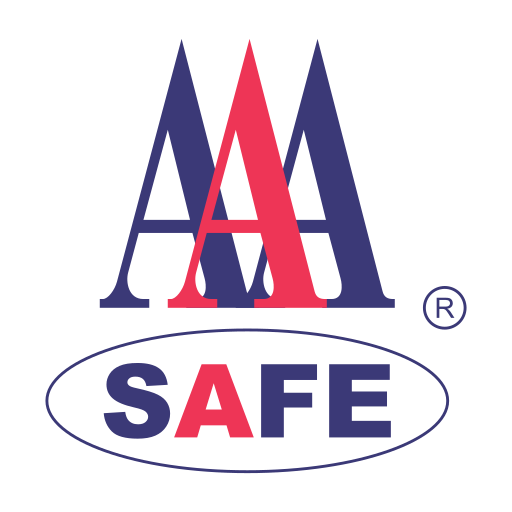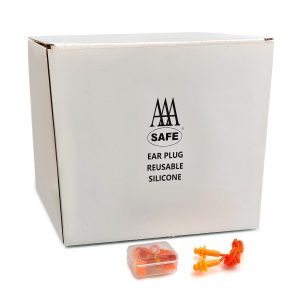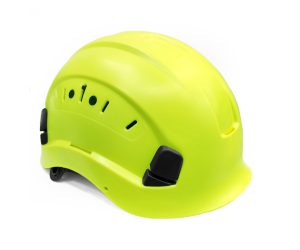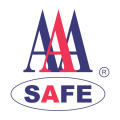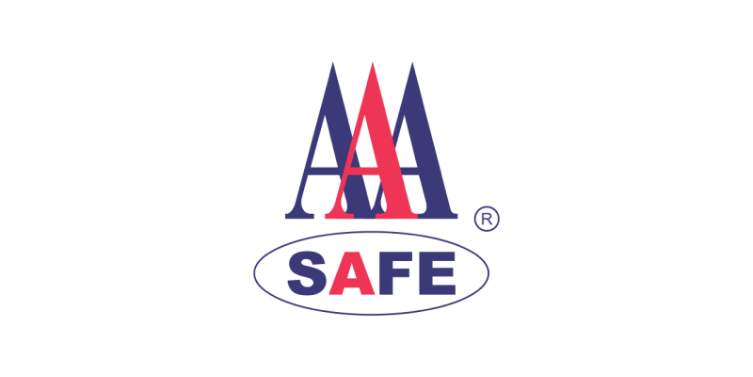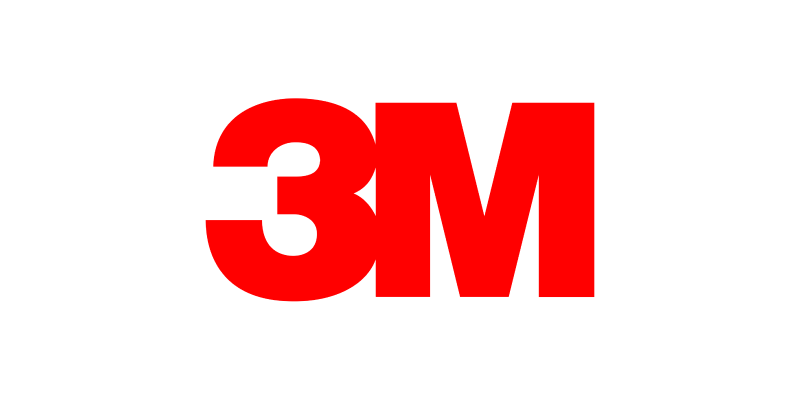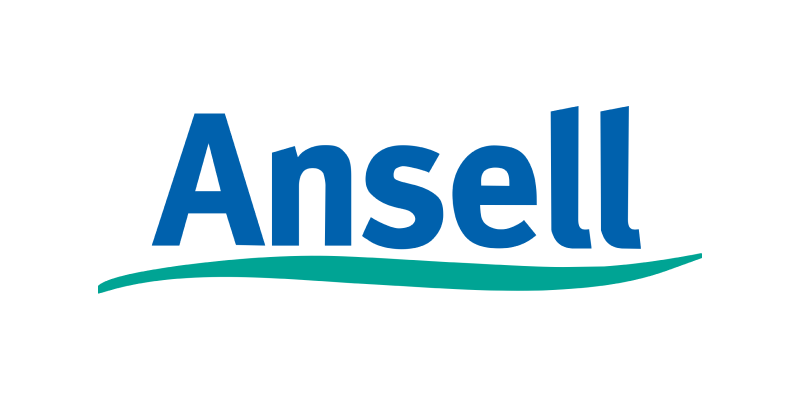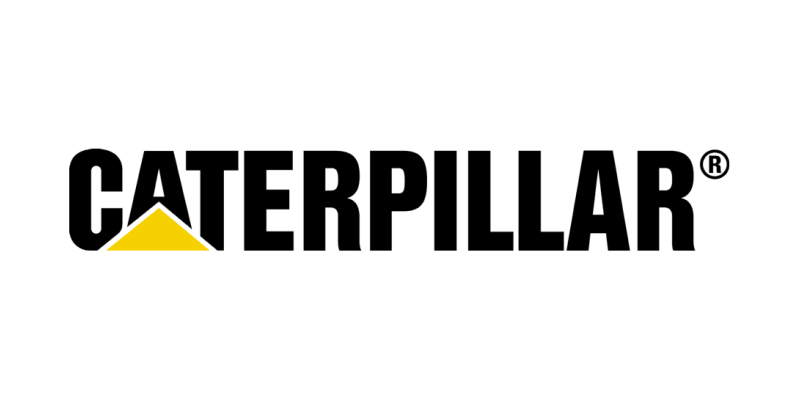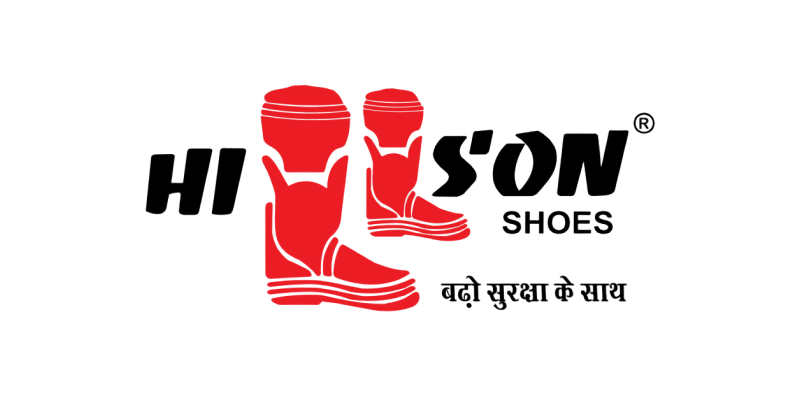Workplace safety is a big challenge in the oil & gas industry.
Oil & Gas Industry workers perform various risky tasks like drilling rigs, exploration, production, refining, distributing etc on a daily basis.
Daily exposure to risks & other hazards make the oil and gas industry demanding and unsafe for workers.
The long working hours, physically demanding tasks, extreme weather conditions, staying away from home for months, constant presence on offshore sites without enough food, water & other facilities can be detrimental to workers physical & mental health.
These factors combined with other risks & hazards, can take a toll on workers, ultimately impacting their focus, judgment & decision making. Resulting in more human errors, overlooking safety protocols, poor equipment maintenance, & risky behaviors, that can lead to higher chances of accidents.
So, workplace safety plays a crucial role in preventing accidents and protecting the lives of the oil & gas industry workers.
However, Employers are not solely responsible for workplace safety. While they can provide the best training and high-quality safety equipment, workers also play a crucial role in ensuring a safe work environment. It is essential for workers to stay alert, follow safety protocols, & and wear the required personal protective equipment (P.P.E) at all times.
In this blog, I’ll walk you through 7 essential safety tips for oil and gas industry workers for a safer workplace.
1. Safety Training & Knowledge
Safety training builds a strong foundation for workplace safety.
Training prepares workers even before they step foot on a risky oil & gas worksite. It equips every worker with critical knowledge & awareness about safety protocols, use of safety equipment, emergency response, and hazard recognition etc.
The United Arab Emirates (UAE) produces an average of 3.2 million barrels of petroleum and liquids per day & is among the world’s ten largest oil producers. About 96% of the country’s roughly 100 billion barrels of proven oil reserves are located in Abu Dhabi, ranking number six worldwide.
Thousands of workers are employed at these established oil reserves. With proper training and foundational safety knowledge, they can easily identify and eliminate any hazards present at these oil reserves or any other oil & gas site across UAE.
2. Personal Protective Equipment (PPE)
Employers should buy high -quality Personal Protective Equipment from a reliable Safety Equipment Supplier in Dubai.
The safety team must ensure that every worker is equipped with the required P.P.E. The declaration from a Dubai Government official that worker lives are being put at risk due to firms failing to properly clothe and protect them has been supported by global health and safety companies and manufacturers of Personal Protection Equipment (PPE).
Once received, workers must stay protected by wearing the required Personal Protective Equipment (PPE) at all times on the worksite. This includes safety jackets, goggles, gloves, shoes, coveralls, flame-resistant, hi-viz clothing etc, all of which are critical in minimizing workplace accidents.
The Oil & gas Industry involves complex & messy work. Safety garments are often exposed to oil, mud, dust, grease, sun rays, etc. Over time, even reflective & Hi-Viz fabrics may fade. Therefore, it’s essential for oil & gas workers to wear the required personal protective equipment all the time, maintain them, & replace the damaged ones.
3. Good Habits & Behaviors
Your habits determine the quality of your life. This applies to both personal & professional life.
For oil and gas industry workers, cultivating good habits can be life-saving.
“Inculcating a collective mindset in which workers choose the right behaviour even when no one is watching can lead to a successful safety culture transformation,” says Bernadette Spinoy, then senior vice president of health, safety, and environment (HSE) from the major global oil and gas player Total In an interview with McKinsey & Company
Following safety protocols, maintaining safety garments & equipment, reporting any casualty and emergencies, effectively communicating with co-workers and supervisors, avoiding smoking or drinking on the job etc are some of the good habits & behaviors that are crucial for the safety of oil & gas industry workers.
4. Good Communication
Communication is the heart of effective collaboration and success in any oil & gas organization.
It’s very crucial for workers to freely express and communicate with co-workers, supervisors or with anyone present on the oil & gas site.
Communication fosters coordination. Enhances cooperation. Builds trust.
Effective communication is mutually beneficial. Workers will be able to deliver any important message to their respective supervisors. There will be no hesitation to inform or report, about any safety threat or accidents. Supervisors will also be able to persuade, encourage, and inspire workers to be productive, and perform their tasks efficiently.
This open communication ensures a safer and more productive work environment for all.
5. Practice Safe Material Handling and Storage
Oil & Gas worksites are really challenging.
Workers are required to perform various physically demanding tasks. Enough to drain them physically and mentally.
However, workers are expected to lift, handle or carry materials as well. This may or may not require physical strength. But being cautious while handling material is a must.
Carefully handling any kind of material and safely storing them is a critical part of workplace safety. Moreover, handling and storing materials in the oil and gas industry require the use of high quality material handling safety equipment & deploying properly maintained loaders, conveyers, forklifts etc. Workers must be trained in operating these material moving & loading equipment to minimize workplace hazards & accidents.
When physically lifting any material or object, workers must follow all the safety procedures. They should wear all the safety garments like safety gloves, safety jackets, coveralls etc. And they should be aware of any special protocols for handling and storage of hazardous substances.
Workers should receive adequate training on handling & storing material like:
- Proper lifting techniques – Lifting, bending or pushing etc
- The use of handling equipment,
- The use of loaders, conveyers, forklifts and other aids
- Maintaining clean & organized storage areas.
- Body posture, position, movement & the accurate grip while lifting object
- Assisting co-workers
6. Regular Equipment Inspections and Maintenance
According to The Occupational Safety and Health Administration (OSHA) every piece of equipment present on the oil & gas worksite must be maintained and regularly inspected.
This is a crucial part of workplace safety – Employers and safety teams must never ignore this.
Workers too need to be careful before operating any of the heavy equipment and machinery. One death and dozens of injuries in Dubai over 18 months due to safety lapses involved falling equipment or malfunctioning machinery, says Dubai police.
The machinery and equipment used in the oil and gas industry are subject to daily & heavy usage. Checking the equipment you daily operate regularly is the best way to minimize failures & breakdowns. Workers must ensure every equipment is properly maintained & in usable condition. They must promptly report any signs of damage before they lead to failures or malfunctions. However, a regular feedback & inspection schedule can minimize the risk of accidents caused by mechanical failures.
Moreover, mechanical failures can be prevented if oil & gas workers follow the below checklist:
- Promptly report any breakdown or failures
- Keep a track record of every new or old equipment
- Remember the date of every inspection
- Brief the safety inspector about all the previous inspections carried out
- Follow Maintenance Schedules
- Take corrective actions after inspection
- Conduct repairs and maintenance
- Properly storing equipment in designated areas
- Avoid Overloading
7. Report Unsafe Conditions
A responsible employer creates a culture of safety. A culture where everyone’s participation is encouraged and welcomed. Such a culture can be accomplished when each and every worker openly communicates with his supervisors, co-workers & management.
This means openly expressing any discomfort, sharing any feedback or playing a crucial role in workplace safety by reporting unsafe conditions.
An open-door policy is one way to encourage workers to report unsafe conditions. Having easy & and clear reporting channels is the foundation of any good open-door policy. To make workers feel valued & comfortable, anonymous safety hotlines must be established.
Workers promptly raising any safety issues must be rewarded. Moreover, employers must regularly display a commitment to safety and create a culture of accountability throughout the organization.
Checklist for an oil and gas worker to report unsafe working conditions:
- Be alert & quickly recognize any hazards
- Promptly inform your immediate supervisor
- Alert your co-workers about the same
- Provide as much detail as possible when reporting the unsafe condition.
- Use the right & available reporting channels
- If the right channels aren’t available, speak directly to the safety officer on site
- Follow up
Wrap Up - 7 Safety Tips for Oil and Gas Industry Workers
The Oil & Gas sector in Dubai has witnessed rapid growth in the last 25 years. It is expected to grow exponentially in the next 50 years. Such enormous growth & progress displays the strength of Dubai’s ever evolving economy. Dubai is expected to explore both conventional and unconventional oil & gas resources: this means more job creation in the oil & gas sector in the coming future. The rise of employment in the oil & gas sector demands better working conditions and improved safety standards. However, oil & gas workers must be responsible & follow these 7 safety tips, have safety & training knowledge, use every personal protective equipment (P.P.E), engage in good habits and behaviors, good communication, practice safe material handling and storage, regularly inspect & maintain equipment, report any unsafe conditions, etc. By following these 7 essential safety tips, oil and gas industry workers can enhance workplace safety & safeguard their own well-being as well as that of others.
